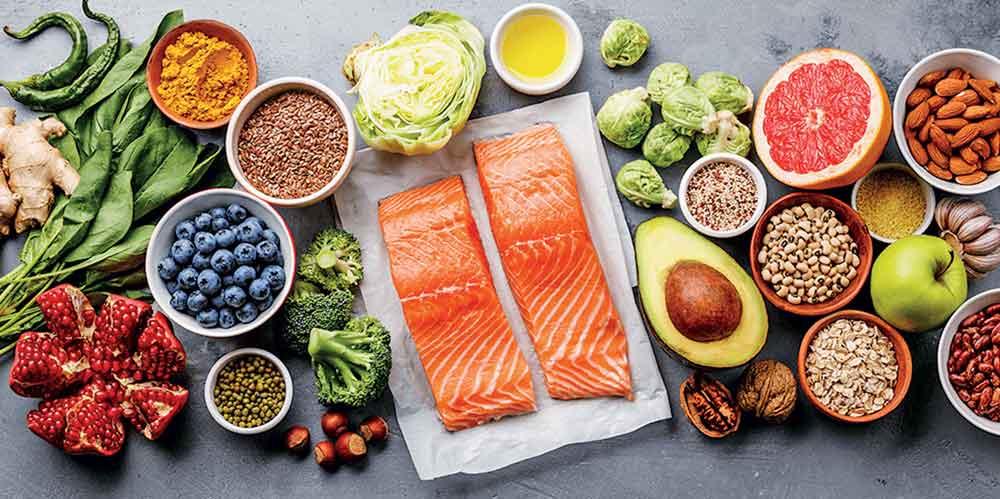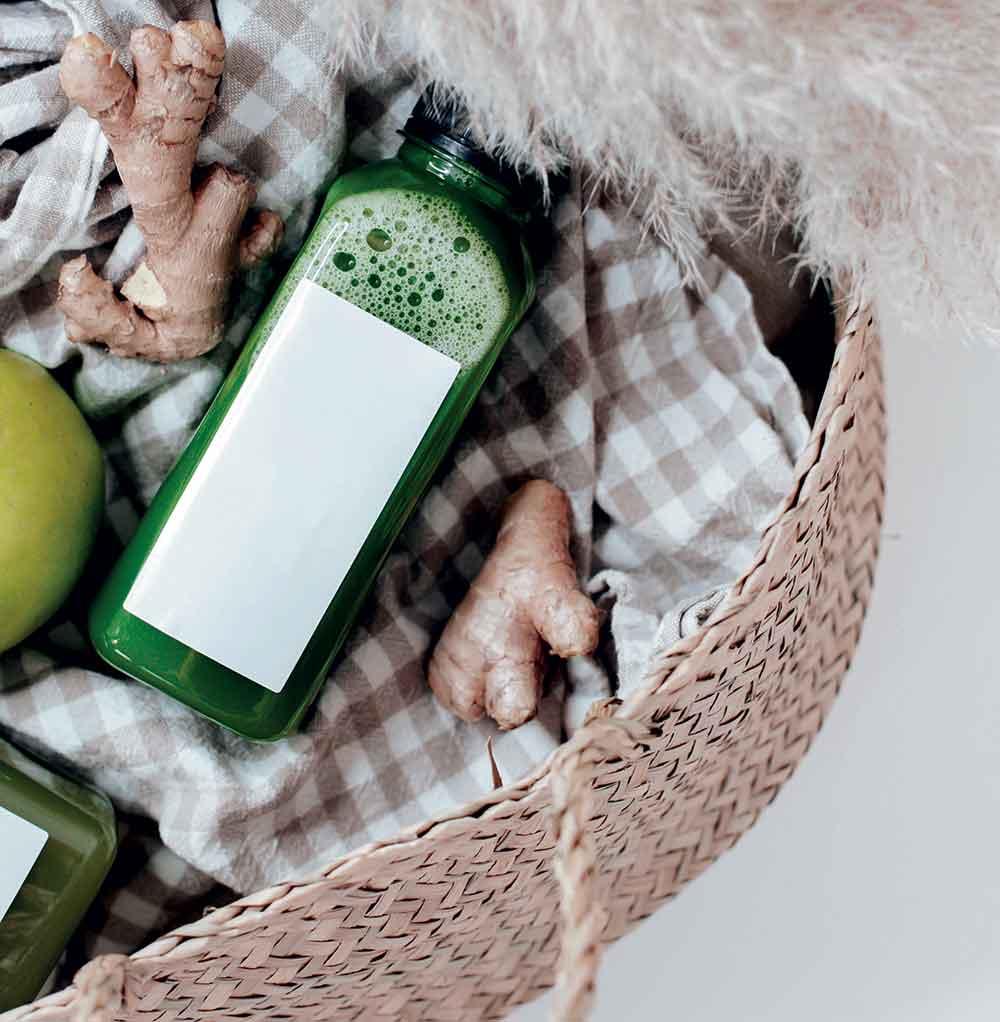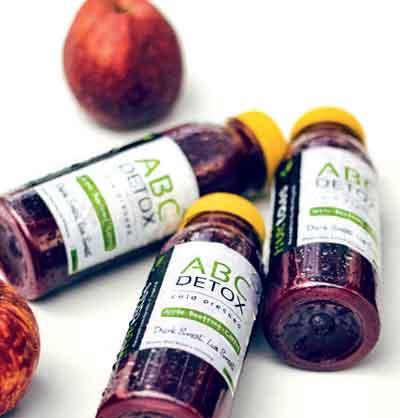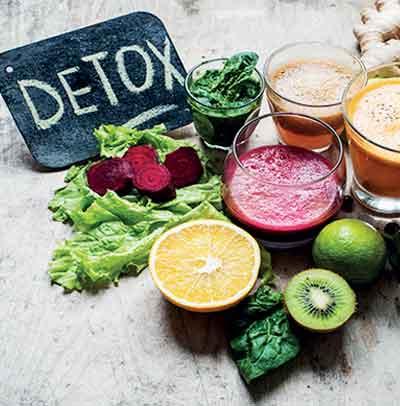
In an age of wellness trends and influencer-endorsed health hacks, the word detox has taken on a life of its own. Once a clinical term referring to the medical treatment of drug or alcohol dependence, “detox” is now widely used to promote diets, teas, supplements, and, more recently, gut cleanses. From Instagram to supermarket shelves, detox culture is everywhere, but does it actually work?
The Buzz Behind the Buzzwords
“Detox,” “cleanse,” “gut reset”, these words are plastered across social media, wellness blogs, and product packaging. They’re touted by celebrities, influencers, and self-proclaimed health experts as solutions for bloating, fatigue, weight gain, and more. Gut cleanses in particular have gained traction, claiming to restore digestive balance, clear skin, and improve mood, often through restrictive diets or supplement packs. These products and programs are rarely backed by registered health professionals. Instead, they are marketed as quick-fix solutions to complex health concerns, often feeding on insecurities and a desire for control over one’s health and appearance.
What Does Detoxification Actually Mean?
In a medical context, detoxification refers to the process of clearing the body of harmful substances, typically drugs, alcohol, or poisons, under clinical supervision. This is a serious procedure involving medication, fluids, and often hospitalisation. What the wellness industry now sells as “detox” is far removed from this definition. Popular detoxes often involve fasting, juice-only diets, colon cleanses, or supplement regimes. These are marketed as a way to “flush toxins” from the body, though the toxins themselves are rarely defined.

Is the Human Body Really Full of Toxins?
The short answer: not in the way these products suggest. The human body is remarkably well-equipped to process and eliminate waste and unwanted substances. The liver, kidneys, gastrointestinal tract, skin, and lungs work in harmony to detoxify the body naturally, every single day. Unless an individual has a medical condition that compromises these systems, the idea that external interventions are required to cleanse the body is not supported by scientific evidence.
Do Detox and Gut Cleanse Diets Work?
Despite their popularity, there is limited scientific data to support the claim that detox or gut cleanse diets remove more toxins than the body can eliminate on its own. In fact, many of these regimens, particularly those involving prolonged fasting, extreme calorie restriction, or high doses of herbal supplements, can do more harm than good. Potential risks include dehydration, electrolyte imbalances, vitamin and mineral deficiencies, gastrointestinal distress, and fatigue. In some cases, these diets may also interfere with the gut microbiome, which is essential to maintaining digestive and overall health.

The Marketing of “Clean Living”
The rise of gut cleanses and detox diets coincides with a wider trend: the commodification of wellness. Wellness, once defined by holistic, balanced living, has become a multi-billion-dollar industry. The promise of instant health through a simple product is an attractive one, but it is often misleading. These trends also contribute to the idea that health is something to be “achieved” through consumption, rather than sustained through consistent habits. Detox programs are often positioned as fresh starts or post-indulgence solutions, reinforcing cycles of restriction and overconsumption.
What Actually Supports Natural Detoxification?
While there’s no magic cleanse that will overhaul your health in 72 hours, there are many evidence-based ways to support your body’s natural detoxification processes and maintain a healthy gut:
- Limit ultra-processed foods, excess sugar, and alcohol
- Prioritise a diet rich in vegetables, fruits, whole grains, legumes, and lean protein
- Include sources of dietary fibre and fermented foods to support gut health
- Drink between 2.5 to 3 litres of water daily
- Ensure adequate sleep and engage in regular physical activity
- Manage stress through mindfulness, rest, and movement
These long-term habits are far more effective than any temporary detox program, and they contribute to broader health outcomes beyond digestion and energy.

The Bottom Line
Health isn’t something that can be bottled, packaged, or posted online. While the language of detox and gut cleanses may be persuasive, these buzzwords often obscure the truth: your body is already detoxifying itself. Rather than investing in the latest cleanse, a better approach is to reflect on long-term dietary patterns, create realistic health goals, and adopt consistent, sustainable habits.
Perhaps, the only cleanse many of us truly need? A digital one. Curating your social media feed, and unfollowing accounts that promote unrealistic health claims, can be just as important for your wellbeing as any diet. Be mindful of how you’re being influenced and empowered to make health decisions rooted in facts, not fads.












